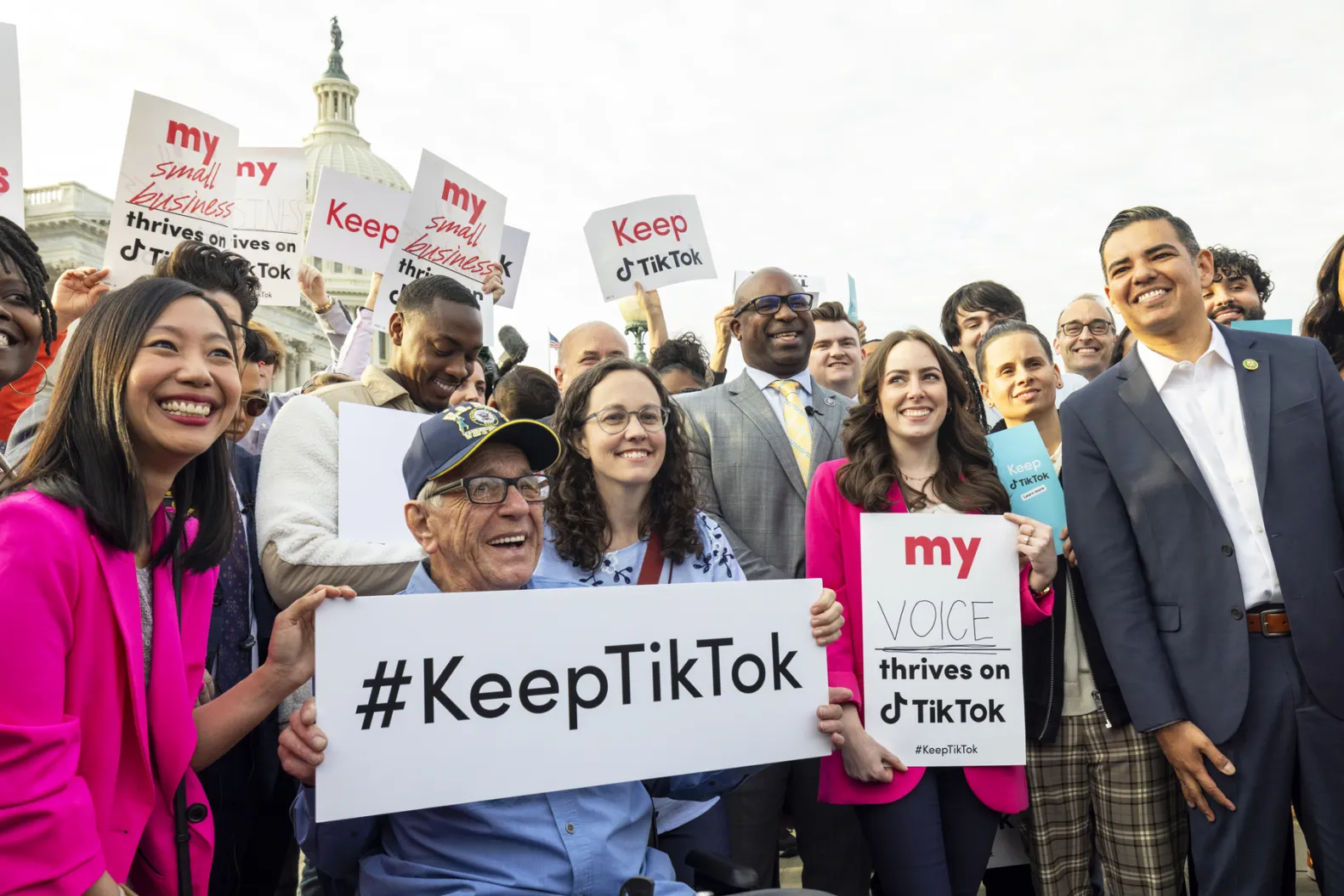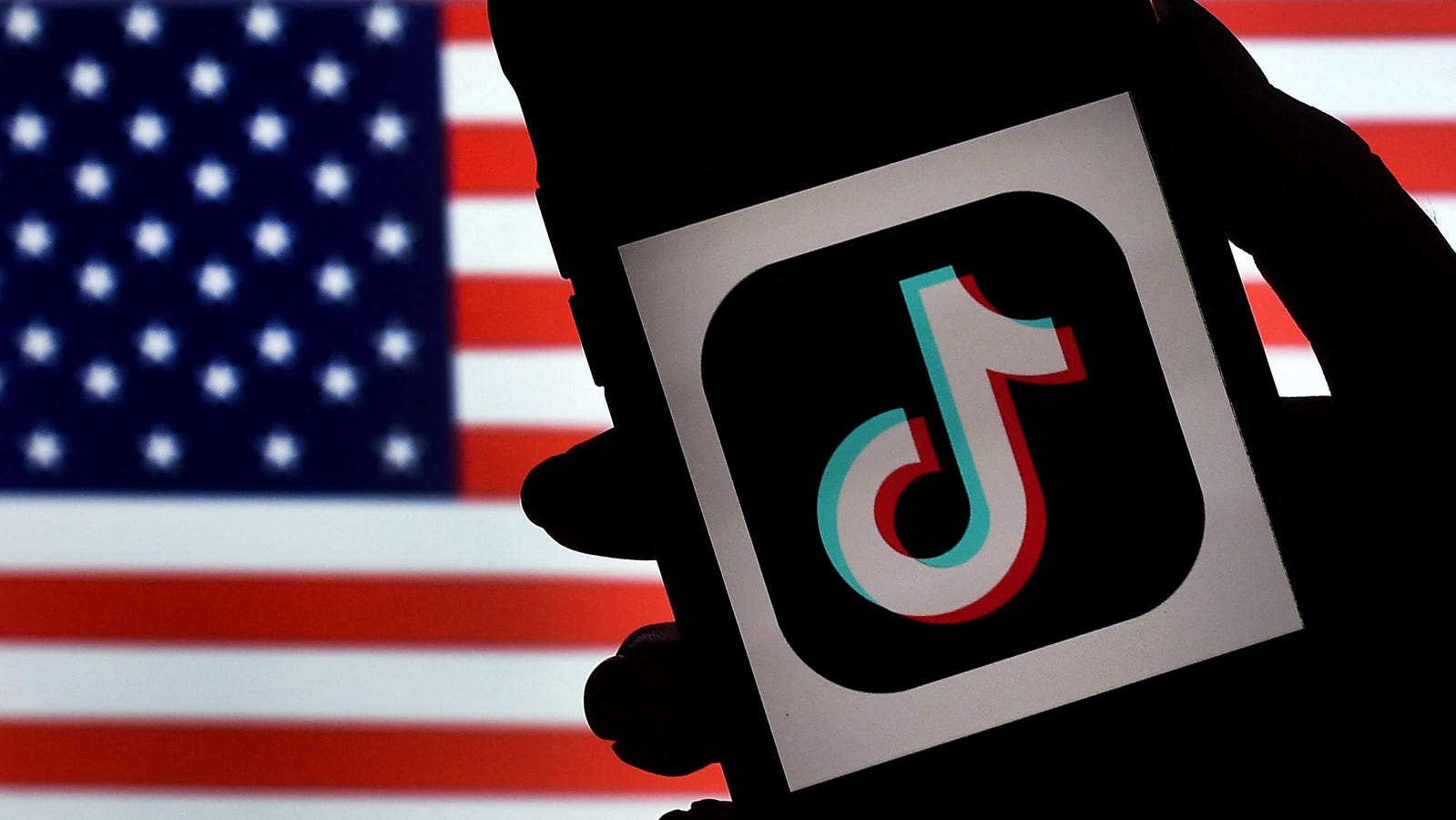TikTok is taking legal action against a new bill that mandates its China-based owner, ByteDance, to sell the app or face a U.S. ban, arguing that the law potentially infringes upon the First Amendment. The company contends that the proposed nine-month timeline for the sale is unfeasible, stating it would result in the shutdown of TikTok and silence its 170 million American users who rely on the platform for unique communication.
The lawsuit emphasizes that the required divestment timeline is impractical from commercial, technological, and legal standpoints. Even if ByteDance could divest from TikTok, TikTok alleges that the law represents an unconstitutional power grab and denies the company equal protection under U.S. law. Additionally, TikTok argues that transferring the app’s code to a new owner would be “impossible” and would require years for new engineers to become proficient with its source code.

Rep. Jamaal Bowman joins TikTok creators outside Capitol, protesting potential app ban, emphasizing its societal impact.
The background of the issue reveals that TikTok had already hinted at a legal challenge to the legislation when it was passed as part of a foreign aid bill. The bill stipulates a 270-day timeline for ByteDance to sell TikTok, with a potential 90-day extension by President Biden if significant progress is made toward a sale.
Lawmakers’ concerns about TikTok’s ties to the Chinese government have led to previous bans on federal devices and state-level bans over national security and privacy worries.
In a tangent, TikTok’s previous legal battles, including a lawsuit against Montana’s ban on the app, illustrate its commitment to defending free speech and challenging government actions it perceives as infringing upon it.
Despite facing challenges such as former President Trump’s executive order attempting to force its sale, TikTok has emerged victorious in legal disputes, with courts ruling in its favor on the grounds of constitutional rights and protection of expressive activity.
For further insights, TikTok’s challenge against potential bans underscores its determination to protect its platform and users’ rights through legal avenues, aiming to address concerns while upholding principles of free speech and due process.























